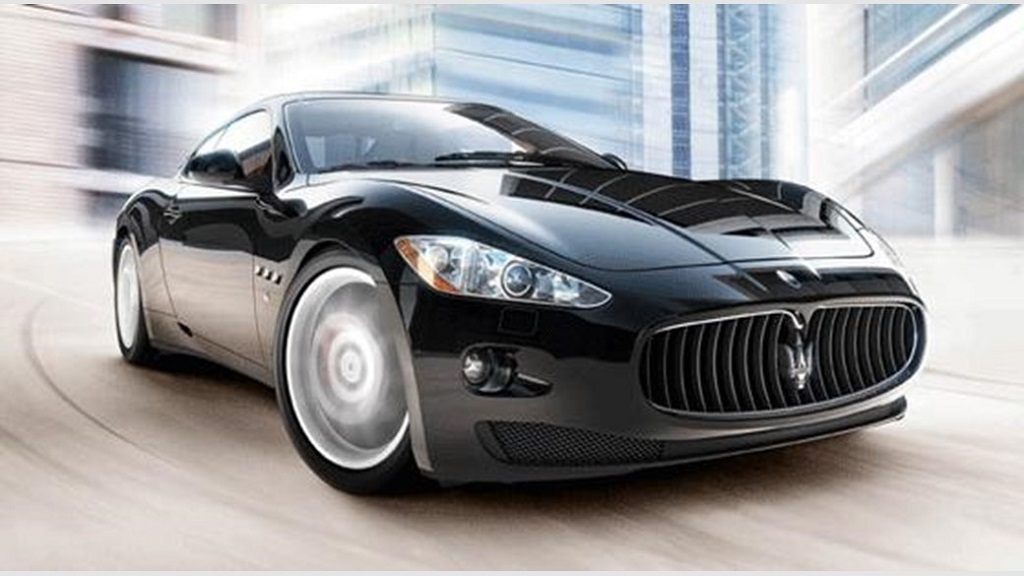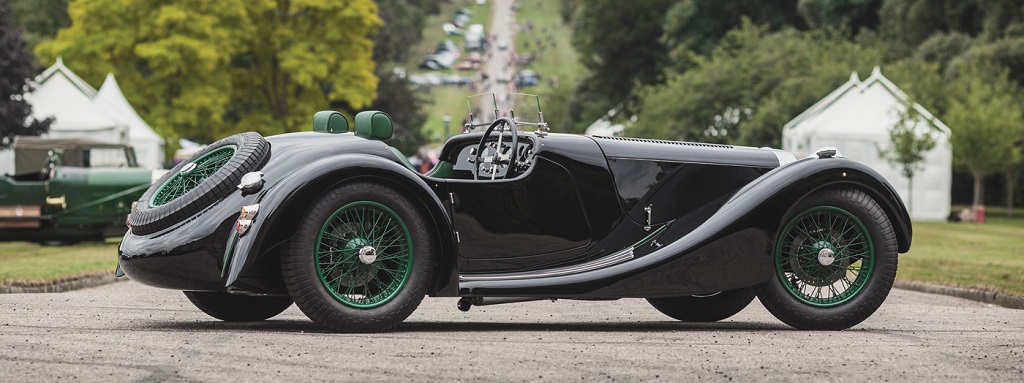
09 Aug What Year is a Modern Classic Car?
In the world of automobiles, some vehicles transcend time and trends, earning the esteemed title of “modern classic cars.” These are more than just vehicles; they are pieces of history, works of art, and embodiments of the driving experience. But what exactly qualifies a car to be considered a modern classic? Join us as we delve into the fascinating realm of automotive history and aesthetics. This content is brought to you by Autonags.com.
The Evolution of Classic Cars: A Timeless Journey
Hitting the Roads: The Birth of Classic Cars
Classic 90s cars are often associated with a bygone era, evoking nostalgia for a time when design and craftsmanship reigned supreme. These vehicles were produced primarily between the late 1920s and the early 1970s. They exude a sense of elegance, featuring exquisite detailing and hand-crafted elements that have stood the test of time.
Defining a Modern Classic
The distinction between a vintage car, an antique car, and a modern classic can be somewhat nebulous. A modern classic is typically a vehicle that is at least 20 years old but less than 40 years old, representing a bridge between the past and the present. It embodies elements of both eras and holds a unique place in automotive history. For enthusiasts interested in the car modification business, understanding the characteristics that define a modern classic is essential for identifying and appreciating these special vehicles.
The Allure of Modern Classic Cars: Aesthetic Marvels
Design Language: Fusion of Eras
Modern classic cars possess a unique design language that marries the aesthetics of their era of production with contemporary sensibilities. These vehicles seamlessly blend the charm of the past with the functionality and comfort of the present.
Timeless Elegance: Beauty Beyond Trends
Unlike the fleeting trends of modern cars, the design of a modern classic car remains timeless. The curves, lines, and proportions of these vehicles capture an essence that defies the constraints of time, making them an enduring symbol of style.
The Heart and Soul of Modern Classics: Engineering and Performance
Mechanical Symphony: Engine Roars of Yesteryears
Modern classic cars aren’t just about looks; they’re about performance too. The mechanical symphony of their engines takes us back to an era when driving was an immersive experience. The raw power and distinctive sounds of these engines create a visceral connection between the driver and the machine.
A Glimpse into the Past: Driving Experience
Slipping behind the wheel of a modern classic car is like stepping into a time capsule. The driving experience is a journey through history, offering insights into the engineering marvels that paved the way for today’s automotive innovations.
Preserving the Legacy: Why Modern Classics Matter
Cultural Significance: Beyond the Pavement
Modern classic cars aren’t just about mechanics and design; they’re cultural artifacts that tell the story of a particular period. They provide a tangible connection to the past, reminding us of the values, aspirations, and innovations of their time.
Nurturing Passion: Community and Collectors
Enthusiasts and collectors form a vibrant community around modern classic cars. They come together to celebrate the artistry and craftsmanship of these vehicles, exchanging knowledge, stories, and the joy of driving.
In Conclusion
Modern classic cars are more than machines; they are a bridge that connects us to the past while reminding us of the boundless possibilities of the future. Their timeless beauty, engineering prowess, and cultural significance make them a cherished part of our automotive heritage.
Frequently Asked Questions
- What defines a modern classic car?
A modern classic car is typically a vehicle that is at least 20 years old but less than 40 years old, embodying design elements of both its era of production and contemporary sensibilities.
- How do modern classic cars differ from vintage cars?
While vintage cars are generally older and more associated with a specific historical period, modern classic cars bridge the gap between the past and the present, featuring a fusion of design and functionality.
- What role do collectors play in preserving modern classic cars?
Collectors and enthusiasts form a passionate community that actively preserves, restores, and celebrates modern classic cars, ensuring their legacy lives on for future generations.
- Are modern classic cars still enjoyable to drive?
Absolutely! Driving a modern classic car offers a unique and immersive experience, allowing you to feel the connection between man and machine that defined a bygone era.
- How do modern classic cars contribute to automotive culture?
Modern classic cars serve as cultural artifacts that reflect the values, aspirations, and innovations of their time, enriching the tapestry of automotive history and culture.


Sorry, the comment form is closed at this time.